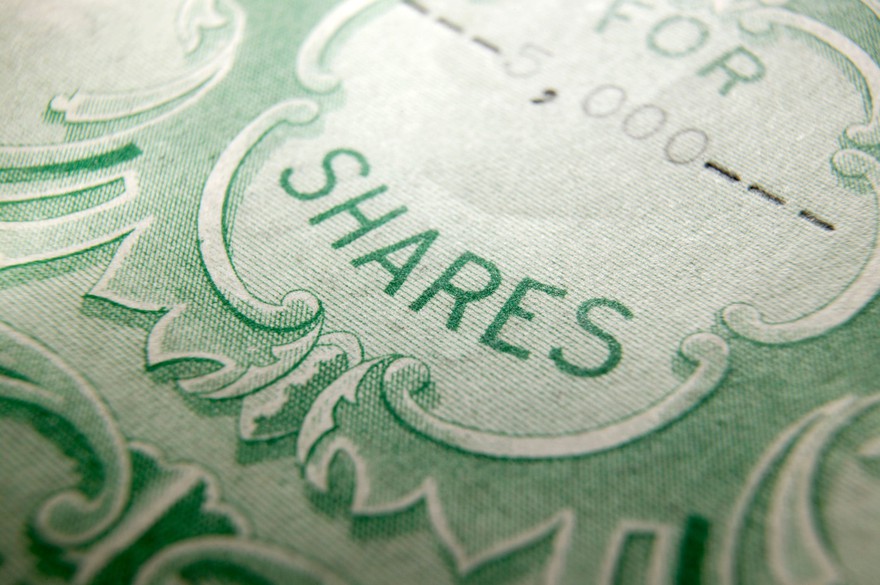Majority shareholders own the majority of a company's shares -- with more voting power than the rest of the owners combined -- known as control stock. The control stock is often held by the company's original owners or their descendants unless the company has been acquired or otherwise sold. This allows the majority shareholders to retain the final say in important decisions about the company.
Preferred versus common stock
Another thing to consider as a shareholder is whether you hold preferred or common stocks. When people talk about buying stocks on the stock market, they're usually referring to common shares. These are the company's most common shares and the easiest for regular investors to buy.




















